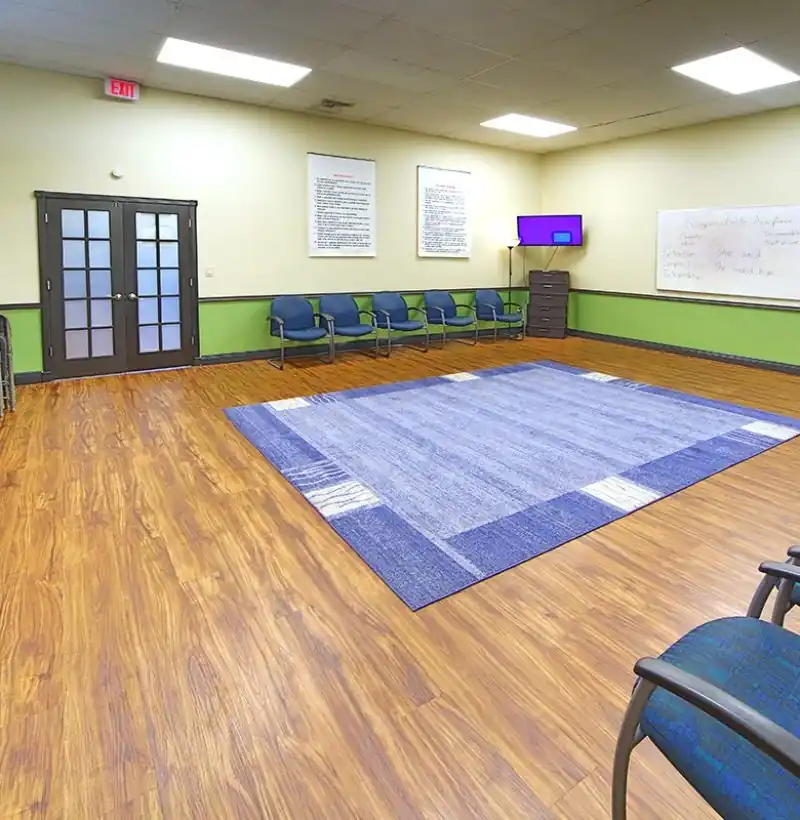Anxiety Recovery Support
"You’re not overreacting. You’re not weak. Your body is trying to protect you and now, it needs help to feel safe again."
At TruPaths, we understand how overwhelming anxiety can feel. Whether it shows up as constant worry, panic attacks, or physical symptoms that seem to come out of nowhere, this page is here to remind you: you are not broken, and healing is absolutely possible.









